
Boucle du Baoulé National Park: Mali's Untamed Wilderness
Nestled in the heart of Mali, Boucle du Baoulé National Park is a haven for nature lovers and adventure seekers. This sprawling park spans over 25,330 square kilometers, making it one of the largest protected areas in West Africa. As you explore its vast landscapes, you'll encounter a rich tapestry of ecosystems, from dense forests and savannas to rocky cliffs and winding rivers. The park is home to an impressive array of wildlife, including elephants, lions, leopards, and various species of antelope. Birdwatchers will also be delighted by the diversity of avian life, with over 200 species recorded in the area. For those interested in cultural heritage, the park offers a glimpse into the ancient history of Mali, with several archaeological sites and rock paintings dating back thousands of years. Visitors to Boucle du Baoulé National Park can engage in a range of activities, such as hiking, bird watching, and guided safaris. The park's remote location ensures that it remains relatively untouched by mass tourism, providing an authentic and serene experience for those who venture here. Whether you're an avid wildlife enthusiast or simply looking to escape the hustle and bustle, Boucle du Baoulé National Park offers a unique and unforgettable journey into the wild heart of Mali.
Local tips in Boucle du Baoulé National Park
- Best time to visit is during the dry season from November to May for optimal wildlife viewing.
- Hire a local guide to enhance your experience and ensure safety while exploring the park.
- Carry sufficient water and snacks as facilities within the park are limited.
- Wear sturdy hiking boots and sun protection due to the rugged terrain and intense sun.
- Respect the local wildlife and maintain a safe distance from animals at all times.
Boucle du Baoulé National Park: Mali's Untamed Wilderness
Nestled in the heart of Mali, Boucle du Baoulé National Park is a haven for nature lovers and adventure seekers. This sprawling park spans over 25,330 square kilometers, making it one of the largest protected areas in West Africa. As you explore its vast landscapes, you'll encounter a rich tapestry of ecosystems, from dense forests and savannas to rocky cliffs and winding rivers. The park is home to an impressive array of wildlife, including elephants, lions, leopards, and various species of antelope. Birdwatchers will also be delighted by the diversity of avian life, with over 200 species recorded in the area. For those interested in cultural heritage, the park offers a glimpse into the ancient history of Mali, with several archaeological sites and rock paintings dating back thousands of years. Visitors to Boucle du Baoulé National Park can engage in a range of activities, such as hiking, bird watching, and guided safaris. The park's remote location ensures that it remains relatively untouched by mass tourism, providing an authentic and serene experience for those who venture here. Whether you're an avid wildlife enthusiast or simply looking to escape the hustle and bustle, Boucle du Baoulé National Park offers a unique and unforgettable journey into the wild heart of Mali.
When is the best time to go to Boucle du Baoulé National Park?
Iconic landmarks you can’t miss
Mali National Park.
Discover Mali's natural beauty and cultural heritage at this accessible park near Bamako, offering diverse landscapes and activities.
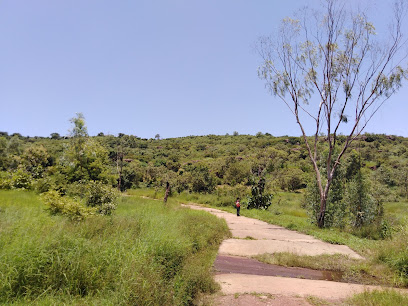
ZOO NATIONAL DU MALI
Discover Mali's wildlife at ZOO NATIONAL DU MALI in Bamako, a vibrant and educational destination for families and nature lovers.
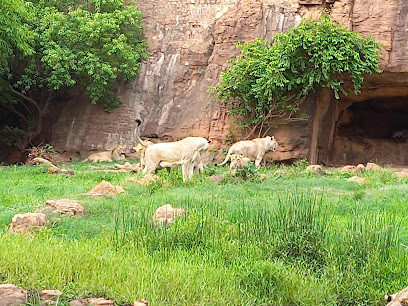
National Museum
Discover Mali's rich heritage through art, artifacts, and cultural exhibits at the National Museum in Bamako.
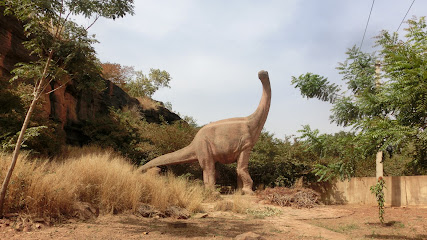
Yacouba Guindo Mosque
Discover the Yacouba Guindo Mosque in Bamako: A serene sanctuary showcasing Islamic architecture and Mali's rich cultural heritage.
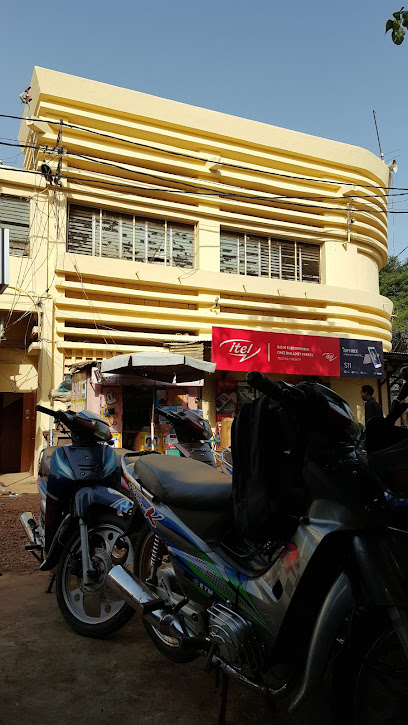
La Dune Rose
Discover La Dune Rose in Koïma, Mali: a breathtaking scenic spot with unique pink sands, perfect for serene escapes and stunning photography.
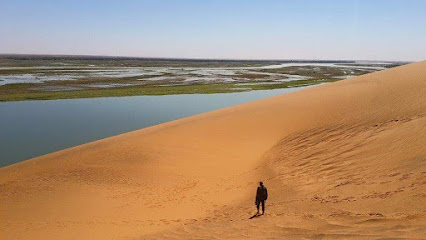
Essential places to dine
Amandine by Sel & Miel
Discover the sweet side of Bamako at Amandine by Sel & Miel - where delectable pastries meet warm hospitality.
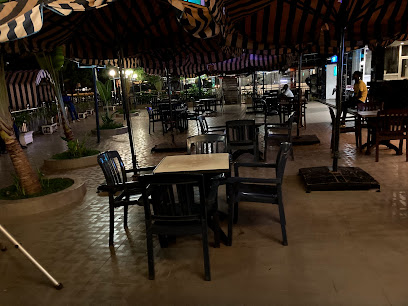
Bamako Kitchen
Experience authentic Malian cuisine at Bamako Kitchen, where every dish celebrates local flavors and traditions in a welcoming atmosphere.
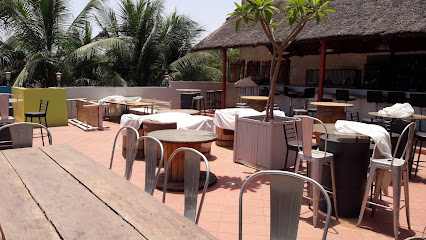
LE SAVANA
Experience authentic Malian cuisine at LE SAVANA, where local flavors meet warm hospitality in Bamako's vibrant atmosphere.
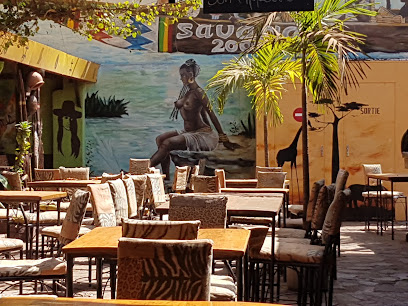
Au bord de l'eau
Experience authentic Malian cuisine at Au bord de l'eau in Bamako, where every meal is paired with stunning views and warm hospitality.
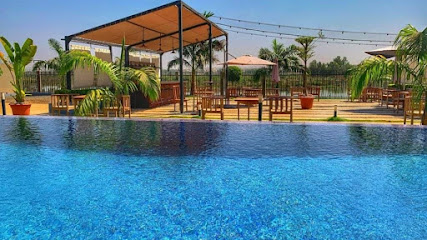
Soukhothai by Siam
Discover the flavors of Thailand at Soukhothai by Siam in Bamako - where authentic dishes meet warm hospitality.
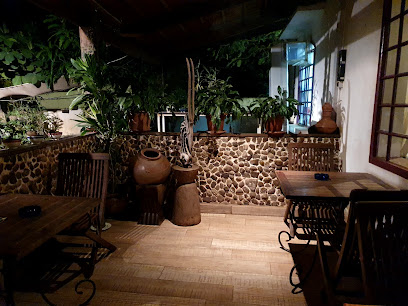
Mr. K's Burger
Indulge in delicious burgers with a local twist at Mr. K's Burger in Bamako – where flavor meets fun!
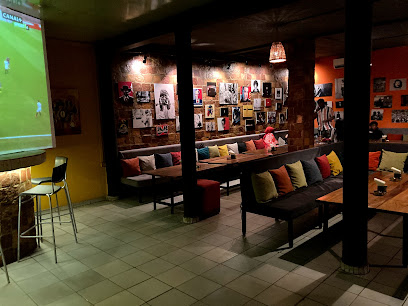
Chez Thierry
Experience authentic Malian flavors blended with international cuisine at Chez Thierry in Bamako.
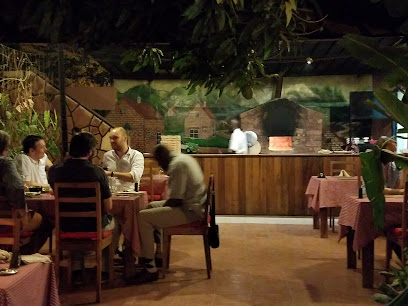
Appaloosa
Discover the vibrant tastes of Mali at Appaloosa in Bamako – where tradition meets contemporary dining.
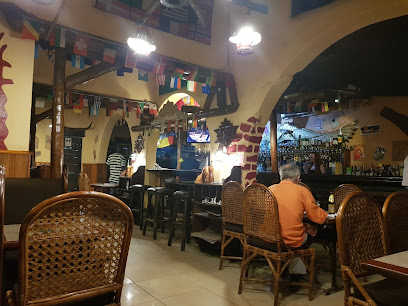
La Bel Epoc
Experience the rich flavors of Mali at La Bel Epoc in Bamako – where local meets international in every delicious dish.
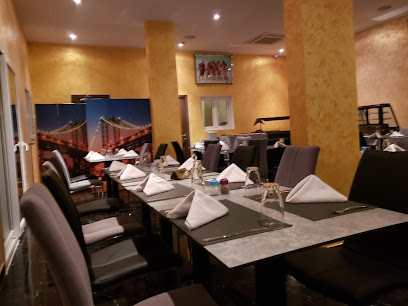
Le 365
Discover the flavors of Mali at Le 365 in Bamako - where local cuisine meets international flair in an inviting atmosphere.
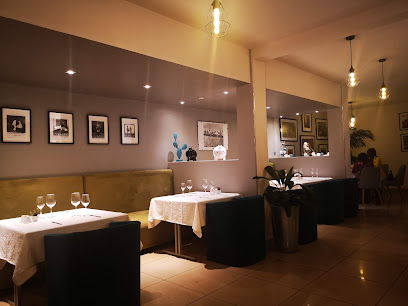
West Africa Fried Chicken
Experience authentic Malian cuisine at West Africa Fried Chicken in Bamako—where every meal is a celebration of flavor and hospitality.
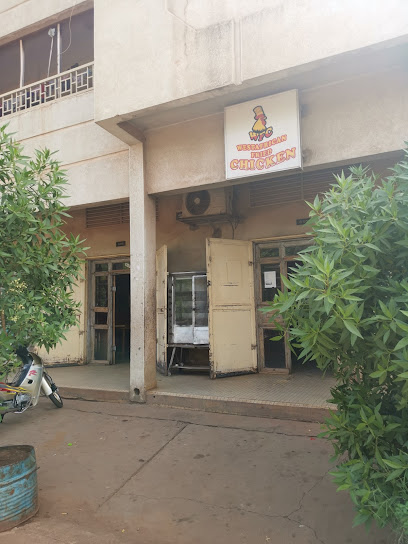
Fadlfood
Discover authentic Malian cuisine at Fadlfood, where every dish is crafted with care and local flavors shine.
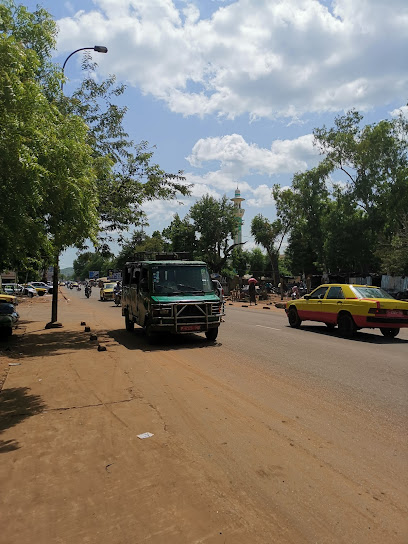
l’aquarium resto
Discover Bamako's culinary gem at L'Aquarium Resto, where local flavors meet warm hospitality in a vibrant setting.
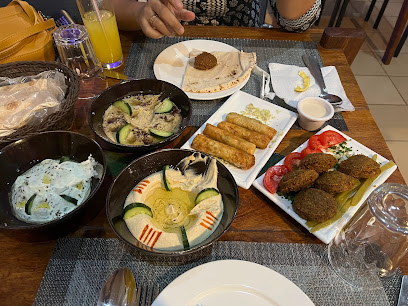
BLOOM RESTO & CHICHA
Experience vibrant flavors at Bloom Resto & Chicha in Bamako - where local cuisine meets global inspiration for an unforgettable dining adventure.

Kinshasa Kitchen Bamako
Discover the vibrant culinary scene at Kinshasa Kitchen Bamako, where Congolese flavors meet Malian hospitality in every dish.
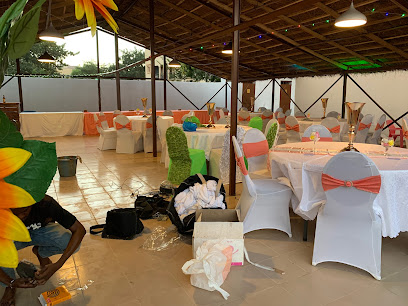
Markets, malls and hidden boutiques
Mali National Park.
Explore the serene landscapes and vibrant wildlife of Mali National Park, a natural haven just outside Bamako, perfect for nature enthusiasts and adventurers.
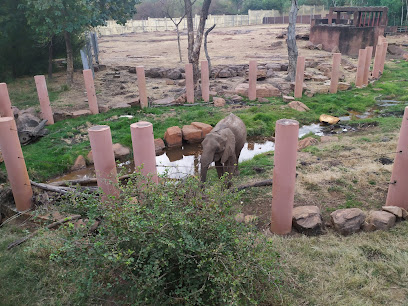
ZOO NATIONAL DU MALI
Explore the fascinating wildlife and educational experiences at Zoo National du Mali, a top attraction in Bamako for families and nature lovers.
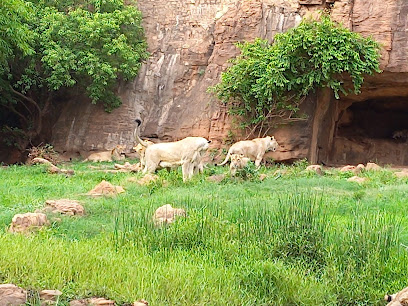
CHINA MALL HOLDING
Explore the vibrant China Mall in Bamako, a shopping paradise offering a blend of local and international products, culture, and delicious cuisine.
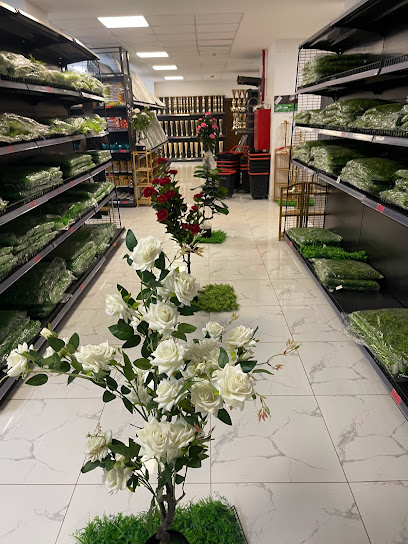
Iba Design
Explore Iba Design in Bamako for a unique blend of traditional and modern Malian fashion that celebrates local craftsmanship and creativity.

Inaz Concept Store
Discover unique handcrafted goods and local art at Inaz Concept Store in Bamako, a vibrant hub of Malian culture.
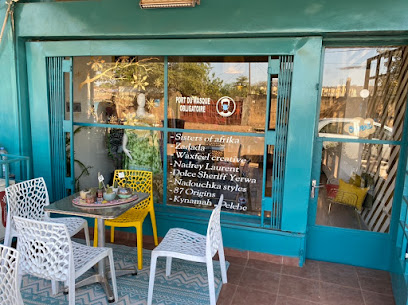
OUTLET223
Explore OUTLET223 in Bamako, the ultimate shopping mall blending modern retail with local culture, offering diverse shops and delightful dining.
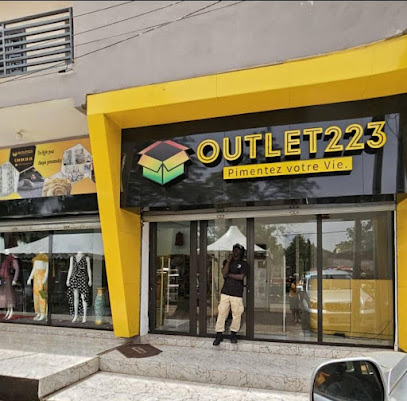
Bassoum Textile
Explore Bassoum Textile in Bamako for exquisite Malian fabrics and traditional clothing that embodies the rich culture and artistry of Mali.
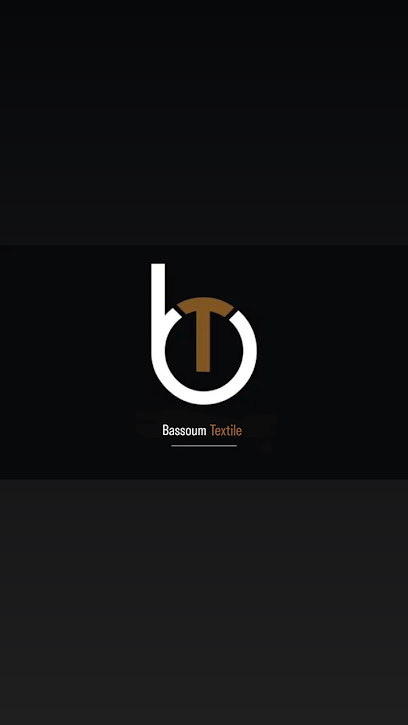
DIJA'S HAUTE COUTURE
Explore the elegance of Malian fashion at Dija's Haute Couture, where every stitch tells a story of tradition and craftsmanship.

Badenya Boutique N2
Explore the vibrant Badenya Boutique N2 at Grand marché de Bamako, offering authentic Malian crafts, textiles, and unique souvenirs in the heart of Bamako.
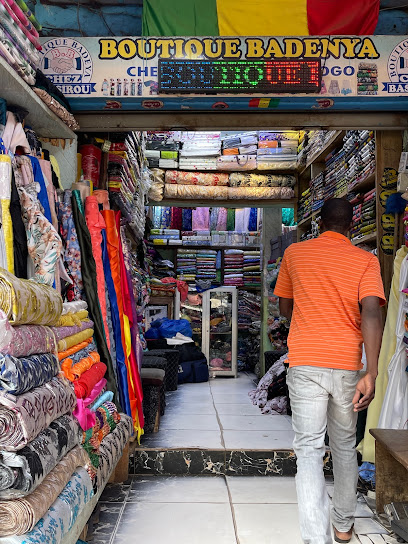
Luxury Men
Explore Luxury Men in Bamako for an exceptional shopping experience featuring stylish men's clothing and accessories.
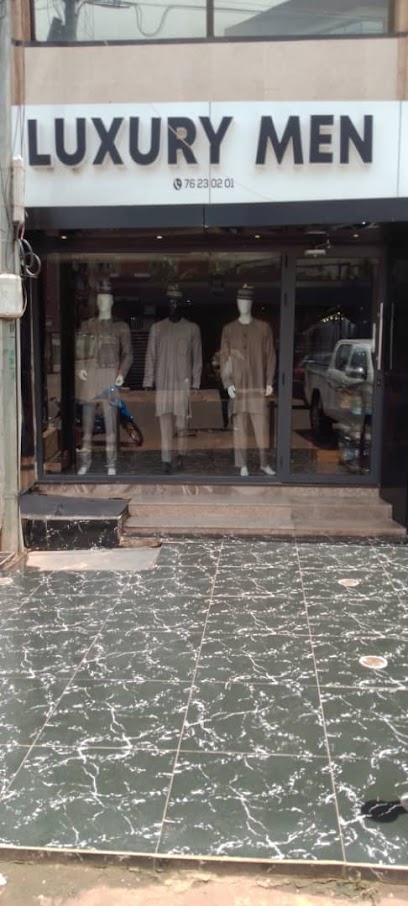
Shopping Mali
Discover the latest gadgets and technology at Shopping Mali, your ultimate electronics store in the heart of the city.

Marche Des Souvenirs
Discover the essence of Mopti at Marche Des Souvenirs, where vibrant culture meets authentic craftsmanship in a bustling market atmosphere.

Pudeur de la femme
Explore the Essence of Malian Fashion at Pudeur de la femme, Bamako's Premier Women's Clothing Store.

Business By Thie
Explore vibrant Malian fashion at Business By Thie, Bamako's premier clothing store showcasing local style and craftsmanship.

Sk Cosmétique
Explore a world of beauty and elegance at SK Cosmétique, Bamako’s premier cosmetics destination for tourists and beauty enthusiasts alike.

Essential bars & hidden hideouts
Mali National Park.
Explore Mali National Park, a stunning natural refuge teeming with wildlife and breathtaking landscapes, perfect for adventure enthusiasts and nature lovers.
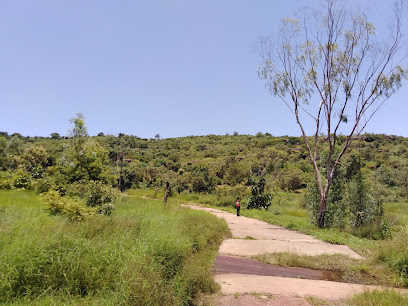
N'ice Cream.
Discover a culinary oasis in Bamako with delicious ice creams, pizzas, and pastries at N'ice Cream – a treat for every palate.
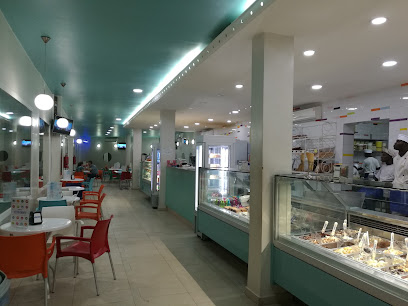
ZOO NATIONAL DU MALI
Discover the vibrant wildlife and conservation efforts at Zoo National du Mali, a family-friendly oasis in Bamako, Mali.
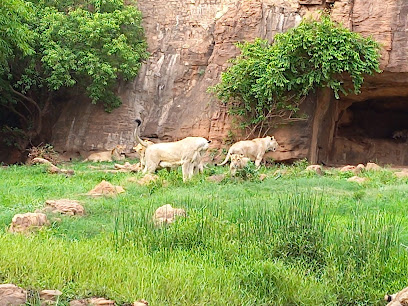
Le Byblos
Discover the lively blend of Lebanese cuisine, bowling, and nightlife at Le Byblos, a must-visit destination in Bamako.
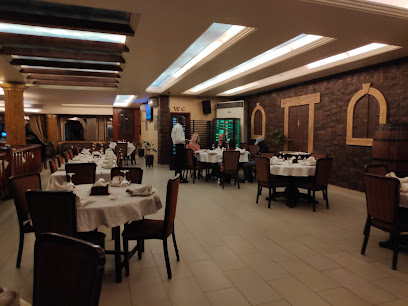
Le Loft
Discover the comfort of Le Loft in Bamako, where hospitality meets local flavors in a vibrant atmosphere.
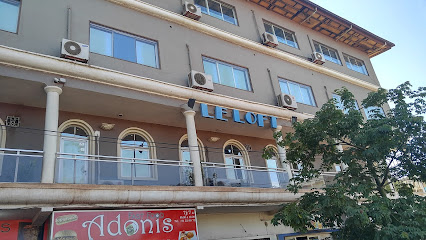
LE SAVANA
Discover the lively atmosphere of Le Savana, where local flavors meet vibrant nightlife in the heart of Bamako.
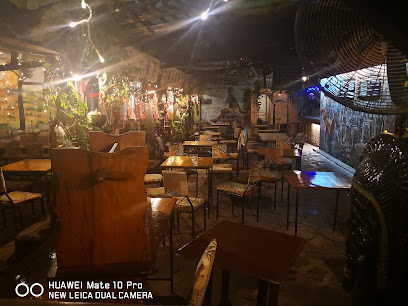
Hotel Restaurant BadaLodge Bamako
Experience the serene charm of Hotel Restaurant BadaLodge in Bamako, a perfect escape with exquisite local cuisine and warm hospitality.
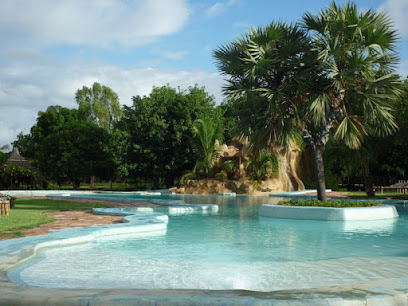
Soukhothai by Siam
Experience the authentic taste of Thailand at Soukhothai by Siam in Bamako, where culinary tradition meets vibrant hospitality.
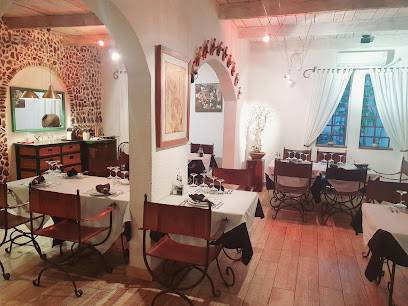
Mr. K's Burger
Experience the vibrant flavors of Bamako at Mr. K's Burger, where delicious gourmet burgers meet a warm and welcoming atmosphere.
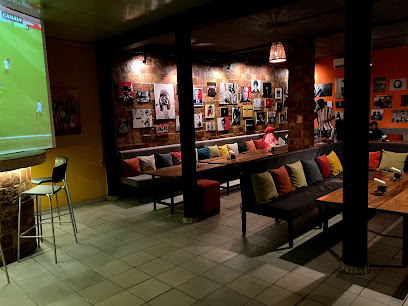
Chez Thierry
Discover authentic Malian cuisine at Chez Thierry in Bamako, where tradition meets flavor in a cozy dining atmosphere.
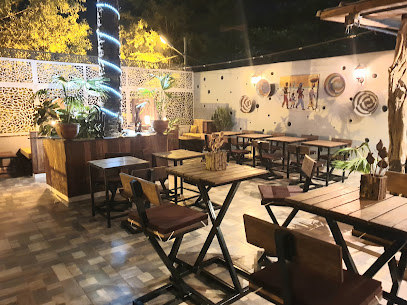
Bla Bla Bar
Experience the vibrant nightlife of Bamako at Bla Bla Bar, a lively gathering place for locals and tourists alike.
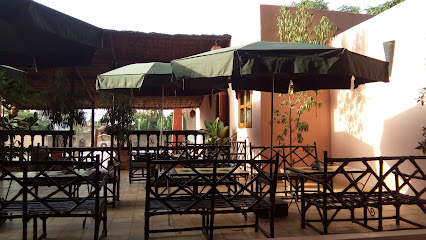
VILLA WILDA
Discover Villa Wilda in Bamako: A tranquil hotel blending modern comfort with authentic Malian culture and exquisite dining experiences.
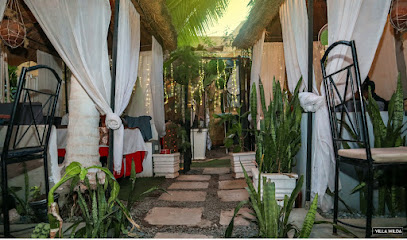
Le 365
Discover the vibrant flavors of Mali at Le 365, a culinary gem in Bamako offering a unique dining experience with a blend of tradition and innovation.
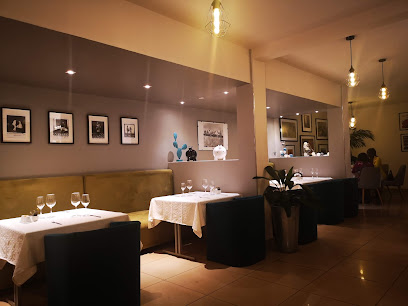
La Terrasse Bamako
Experience the vibrant flavors of Mali at La Terrasse Bamako, a must-visit restaurant for an unforgettable culinary journey in the heart of Bamako.
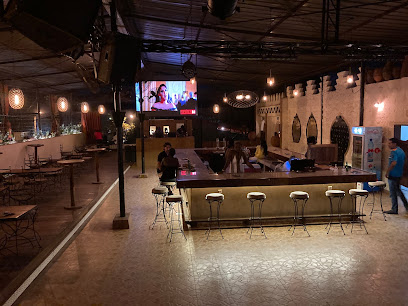
Local Phrases about Boucle du Baoulé National Park
-
- HelloNdɛ
[Nde] - GoodbyeKa tɛ
[Ka te] - YesE
[E] - NoAya
[Aya] - Please/You're welcomeK'an bɛn
[K'an ben] - Thank youI ni ce
[I ni che] - Excuse me/SorrySaya
[Saya] - How are you?I bɛn kɛ
[I ben ke] - Fine. And you?I ye. I bɛn kɛ?
[I ye. I ben ke?] - Do you speak English?U te kuma Angilɛkan kɛ?
[U te kuma Angilɛkan ke?] - I don't understandM'ara fɔ
[M'ara fo]
- HelloNdɛ
-
- I'd like to see the menu, pleaseM'ɛ bɛn sɔkɔnina ka kuma, k'an bɛn
[M'ɛ ben sokonina ka kuma, kan ben] - I don't eat meatM'ara tɛ bɔ
[M'ara te bo] - Cheers!N'ga
[N'ga] - I would like to pay, pleaseM'ɛ bɛn kɔnɔ, k'an bɛn
[M'ɛ ben kɔno, kan ben]
- I'd like to see the menu, pleaseM'ɛ bɛn sɔkɔnina ka kuma, k'an bɛn
-
- Help!Sɔrɔ!
[Soro!] - Go away!Kuma!
[Kuma!] - Call the Police!Kuma kɛlɛfɔ
[Kuma kelefo] - Call a doctor!Kuma fɔsin
[Kuma fosin] - I'm lostM'a sasara
[M'a sasara] - I'm illM'a tɛ
[M'a te]
- Help!Sɔrɔ!
-
- I'd like to buy...M'ɛ bɛn fɔ
[M'ɛ ben fo] - I'm just lookingM'ara n'a sɛra
[M'ara n'a sera] - How much is it?I kɔnɔ bɛn kɛ
[I kɔno ben ke] - That's too expensiveA ka kɔnɔ dɔgɔ
[A ka kɔno dogo] - Can you lower the price?I kɔnɔ ba tɛ fɔ
[I kɔno ba te fo]
- I'd like to buy...M'ɛ bɛn fɔ
-
- What time is it?I kɛlɛ
[I kele] - It's one o'clockA kɛlɛ ɲɛgɛ
[A kele nyeghe] - Half past (10)Ŋɛgɛbɔluw ɲɛgɛ (10)
[Ngegeboluw nyeghe (10)] - MorningKɔnɔ
[Kono] - AfternoonSɛra
[Sera] - EveningBɛ
[Be] - YesterdayŊɛgɛbɔluw
[Ngegeboluw] - TodayKɔnɔbɔluw
[Konoboluw] - TomorrowBɛbɔluw
[Beboluw] - 1Kelen
[Kelen] - 2Filen
[Filen] - 3Saba
[Saba] - 4Nan
[Nan] - 5Dɔrɔ
[Doro] - 6Sɛkɔndɔ
[Sekondo] - 7Saba dɔrɔ
[Saba doro] - 8Saba fɔlɔ
[Saba folo] - 9Saba saba
[Saba saba] - 10Filen kelen
[Filen kelen]
- What time is it?I kɛlɛ
-
- Where's a/the...?K'an kuma... ye?
[K'an kuma... ye?] - What's the address?I kuma kɛlɛ
[I kuma kele] - Can you show me (on the map)?I kɛlɛfɔ bɛn kuma (kɛlɛw kuma)?
[I kelefo ben kuma (kelew kuma)?] - When's the next (bus)?I kɔnɔ kɛlɛ (kɔtɔnɔ)?
[I kono kele (kotonu)?] - A ticket (to ....)Nan kɔnɔ (si ....)
[Nan kono (si ....)]
- Where's a/the...?K'an kuma... ye?
History of Boucle du Baoulé National Park
-
Boucle du Baoulé National Park was established in 1982 as a protected area to conserve the unique flora and fauna of the region. The park, which spans over 25,330 square kilometers, is named after the Baoulé River that forms a loop ('boucle' in French) within its boundaries. Its creation aimed to preserve the region's biodiversity and serve as a sanctuary for endangered species.
-
Archaeological evidence suggests that the area now known as Boucle du Baoulé National Park was once home to prehistoric human settlements. Numerous ancient artifacts, such as pottery, tools, and remnants of dwellings, have been uncovered, indicating that the region has been inhabited for thousands of years. These findings provide valuable insights into the early human history of West Africa.
-
During the height of the Ghana Empire (circa 300 to 1200 AD), the area encompassing Boucle du Baoulé National Park was an important part of the empire's territory. The Ghana Empire was one of the earliest and most prominent empires in West Africa, known for its wealth derived from gold trade. The park's region played a role in the trade routes that connected various parts of the empire, facilitating the exchange of goods and culture.
-
In the late 19th and early 20th centuries, the area became part of French West Africa. French explorers and colonial administrators documented the region's geography, flora, and fauna, contributing to Western knowledge of the area. The colonial period also saw the imposition of new administrative structures and the exploitation of natural resources, impacting the local communities and environment.
-
Following Mali's independence from France in 1960, the government recognized the importance of preserving its natural heritage. In 1982, Boucle du Baoulé National Park was officially designated as a protected area. Efforts have since been made to manage and conserve the park's ecosystems, involving local communities in sustainable practices and raising awareness about the importance of conservation.
-
In 1999, Boucle du Baoulé National Park was added to UNESCO's tentative list of World Heritage Sites. This recognition highlights the park's global significance in terms of its biodiversity, cultural history, and archaeological importance. The inclusion on the tentative list aims to promote further conservation efforts and international cooperation to preserve the park for future generations.
Boucle du Baoulé National Park Essentials
-
Boucle du Baoulé National Park is located in the western part of Mali. The nearest major city is Bamako, which is approximately 250 kilometers away. The most convenient way to get to the park is to fly into Modibo Keita International Airport in Bamako. From Bamako, you can either rent a car or hire a private taxi to reach the park. The journey by road typically takes around 5 to 6 hours, depending on the road conditions. Alternatively, you can take a domestic flight to Kayes, and then travel by road to the park.
-
Within Boucle du Baoulé National Park, transportation options are limited. It is advisable to rent a 4x4 vehicle if you plan to explore the park extensively. There are also guided tours available that provide transportation as part of the package. It is important to note that the roads within the park can be rough, so a sturdy vehicle is essential. Public transportation options are minimal, so it's best to arrange your own transport in advance.
-
The official currency of Mali is the West African CFA franc (XOF). Credit cards are not widely accepted, especially in rural areas such as Boucle du Baoulé National Park. It is advisable to carry enough cash for your expenses. ATMs can be found in Bamako and other larger towns, but it is recommended to withdraw sufficient cash before heading to the park. Make sure to carry small denominations for easier transactions.
-
Boucle du Baoulé National Park is generally safe for tourists, but it is important to take standard precautions. Avoid traveling alone, especially at night, and always stay on marked trails. Petty theft can occur, so keep your belongings secure and be vigilant in crowded areas. It is advisable to check travel advisories and local news for any updates on safety conditions before your trip. Certain areas near the park's borders may have higher crime rates, so it is best to consult with local guides or authorities for the latest information.
-
In case of an emergency, it is important to have a plan. The emergency contact number in Mali is 17 for police and 15 for medical emergencies. It is highly recommended to have travel insurance that covers medical emergencies and evacuation. The park has limited medical facilities, so for serious health issues, you may need to travel to Bamako or Kayes. Always carry a first aid kit and essential medications with you. Make sure to inform someone about your travel plans and expected return time.
-
Fashion: Do dress modestly and comfortably. Light, breathable clothing is recommended due to the warm climate. Avoid wearing flashy jewelry. Religion: Do respect local customs and traditions. Mali is predominantly Muslim, so it is important to dress modestly and be respectful during prayer times. Public Transport: Do plan your transport in advance, as public options are limited. Don't rely on hitchhiking. Greetings: Do greet locals with a handshake and a smile. Learning a few phrases in French or Bambara can be helpful. Eating & Drinking: Do try local dishes and accept food offerings graciously. Don't drink tap water; always opt for bottled water.
-
To experience Boucle du Baoulé National Park like a local, consider hiring a local guide who can provide insights into the park's flora, fauna, and history. Visit the local villages to experience traditional Malian culture and hospitality. Participate in local markets and festivals if your visit coincides with any. Engage with the local community, as they are often warm and willing to share their stories and traditions. Don't forget to bring a good camera to capture the stunning landscapes and wildlife.
Nearby Cities to Boucle du Baoulé National Park
-
Things To Do in Faranah
-
Things To Do in Bobo-Dioulasso
-
Things To Do in Dédougou
-
Things To Do in Voinjama
-
Things To Do in Sanniquellie
-
Things To Do in Ganta
-
Things To Do in Ouahigouya
-
Things To Do in Koudougou
-
Things To Do in Magburaka
-
Things To Do in Kenema
-
Things To Do in Gbarnga
-
Things To Do in Daloa
-
Things To Do in Wa
-
Things To Do in Port Loko
-
Things To Do in Ouagadougou






